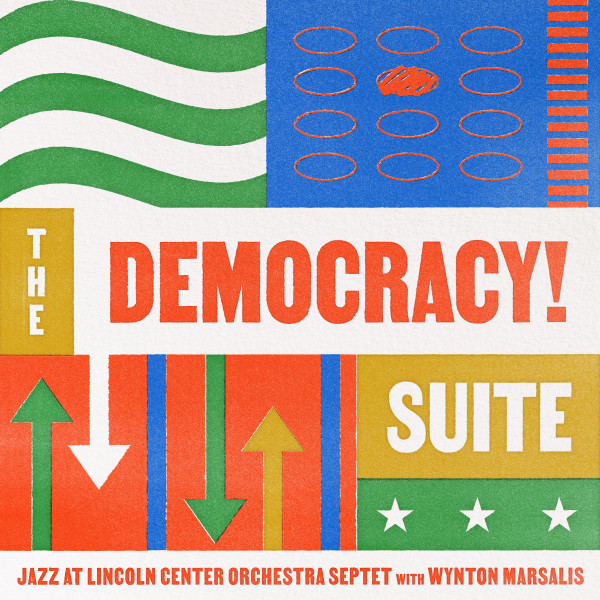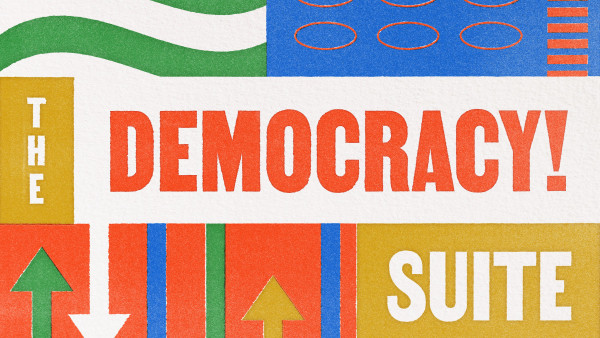Jazz at Lincoln Center Orchestra Septet: The Democracy! Suite — an activist musical metaphor
Wynton Marsalis’s latest project features call-to-arms motifs and tracks inspired by protest music
Wynton Marsalis’s previous project, the orchestral The Ever Fonky Lowdown, examined distortions in American democratic processes through a detailed spoken-word narrative delivered by actor Wendell Pierce.
This sparky small-group follow-up, inspired by events during lockdown, points to an alternative. “Jazz is a perfect metaphor for democracy,” writes Marsalis in accompanying notes; track titles like “Sloganize, Patronize, Realize, Revolutionize (Black Lives Matters)” give the project an activist root.
Musically, The Democracy! Suite continues Marsalis’s longstanding merger of modal modernism with earlier jazz practices. Themes range from the jaunty to the heartfelt, there are gospel shouts, group counterpoint and declamatory lines, and the featured soloists match the trumpeter leader for virtuosity and vigour.
Marsalis’s merger of the plaintive eloquence of Miles Davis with the ebullient syncopation of Louis Armstrong has created a standout personal style. Here it is complimented by his ensemble support and soloists sympathetic to his approach.
Saxophonists Ted Nash and Walter Blanding combine angular lines with accented rhythms, trombonist Elliot Mason twins fluency with a tailgate growl and Dan Nimmer conjures Erroll Garner while negotiating the piano at speed. Add in dramatic dynamics and bassist Carlos Henriquez and drummer Obed Calvaire playing with a spring in their step, and this is one of the brightest Lincoln Center projects to be recorded for a while.
The set opens with the soulful “Be Present” unfolding over steady walking bass and then a call-to-arms motif comes in with a pedal-point riff. “Ballot Box Bounce” features speedy intricacies and light touch swing, the sombre harmonies of “Deeper than Dreams” have an Ellingtonian hue and the call-and-response track “It Come ‘Round ‘Gin” launches a trenchant trumpet and sax duet.
Elsewhere, “That Dance We Do (That You Love Too)”, inspired by music heard in protests, digs deep into sixties soul-jazz and the New Orleans beats of “That’s When All Will See” end the album with a rosy glow.
by Mike Hobart
Source: Financial Times


